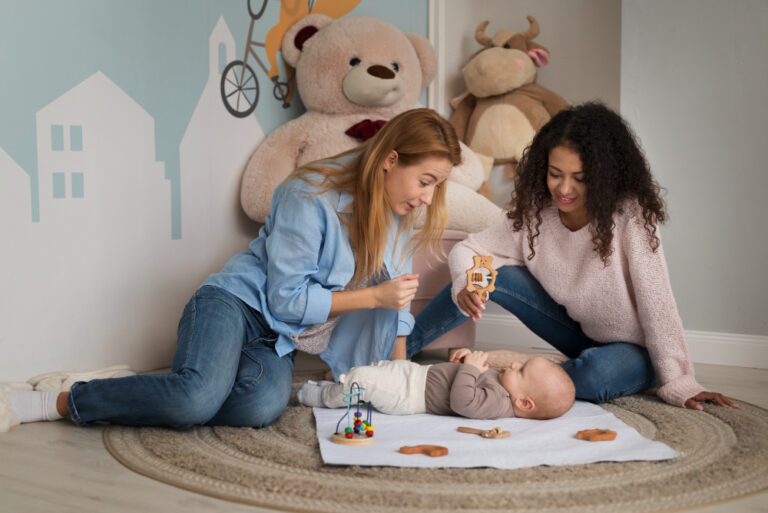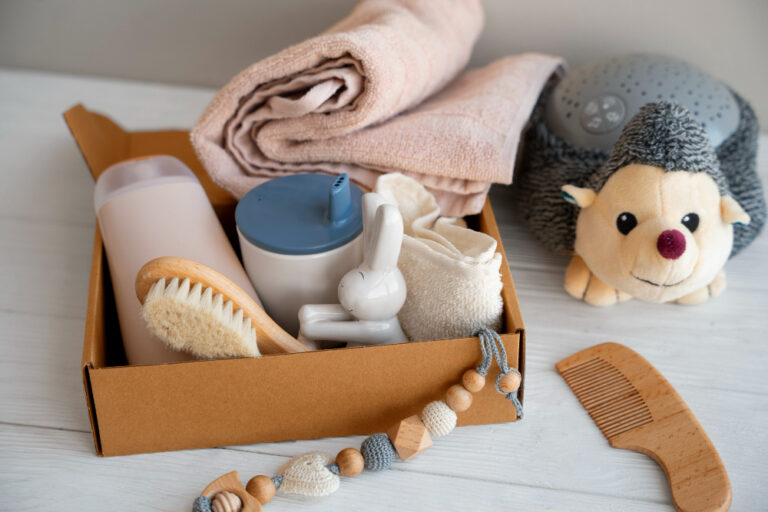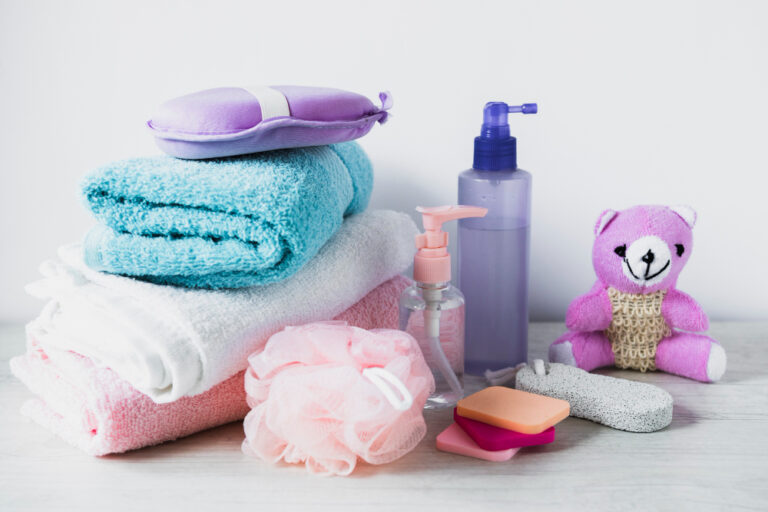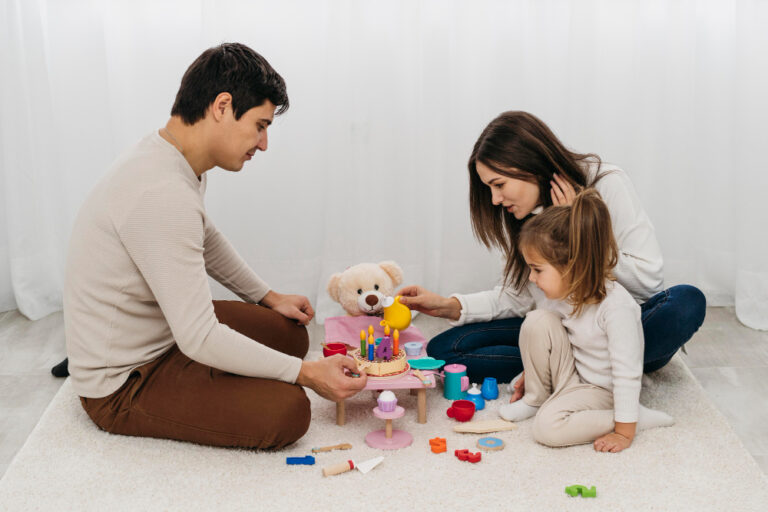10 Essential Baby Care Tips After Birth Every New Parent Should Know
Bringing a newborn home marks the beginning of a beautiful, yet challenging journey. Every tiny coo and every sleepy smile comes with the responsibility of proper care during those crucial early days.
From feeding schedules to skin care routines, each step matters in shaping a healthy start for your little one. Newborns need more than just love – they require gentle attention, consistent routines, and a safe environment to thrive.
Parents often feel overwhelmed with advice, but understanding the basics simplifies the process and builds confidence. These first few weeks lay the foundation for your baby’s well-being, growth, and comfort.
Learning how to care for your newborn doesn’t have to feel confusing or stressful. This guide covers ten essential tips that help you feel more prepared and less anxious. Every new parent deserves clear, actionable support and that’s exactly what you’ll find in the list ahead.
10 Baby Care After Birth
Welcoming a new baby brings both joy and stress. Those first few weeks feel beautiful but also confusing. Your newborn needs love, attention, and care. Many parents feel unsure during this time.
That’s normal. What matters is learning the basics. With gentle steps, baby care becomes easier. This guide will help you with the most important things. Each point is simple, direct, and helpful.
Let’s look at 10 ways to care for your baby after birth.
1. Keep Skin Clean and Dry
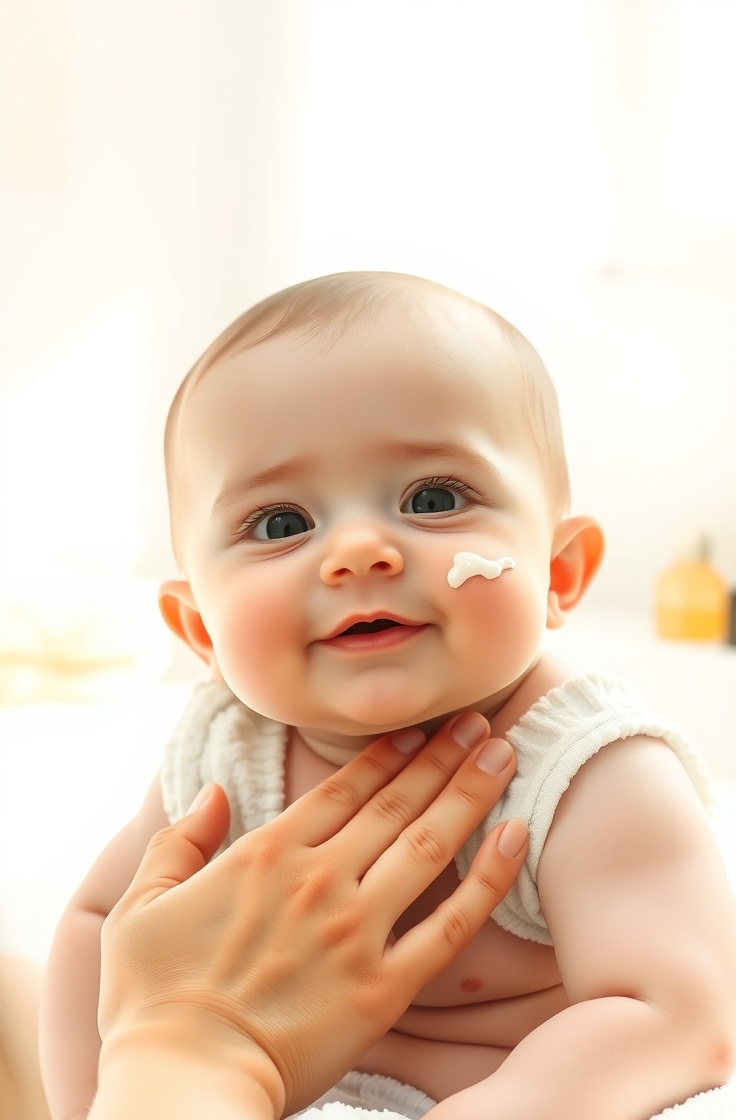
Newborn skin is soft and sensitive. It gets dry or red easily. Dirt and sweat can build up fast. Clean the face, neck, and diaper area every day. Use warm water and soft cotton cloths. Wipe gently. No need for daily full baths. Two to three times a week is enough at first.
After cleaning, pat dry with a soft towel. Don’t rub. Always keep baby’s bottom dry. Change diapers often. Wet diapers can cause rashes. Let the skin breathe before putting on a new one.
2. Feed On Demand
Newborns don’t follow a fixed eating schedule. Some babies want to feed every 2 hours. Others sleep longer. Watch your baby’s signs. Rooting, sucking hands, or fussing can mean hunger. Crying is a late sign.
Breastfeeding or formula both need proper timing. Hold your baby close during feeding. Burp gently after each meal. This helps prevent gas and discomfort. Stay calm and patient. Feeding time builds trust between you and your baby.
3. Make Sleep Safe
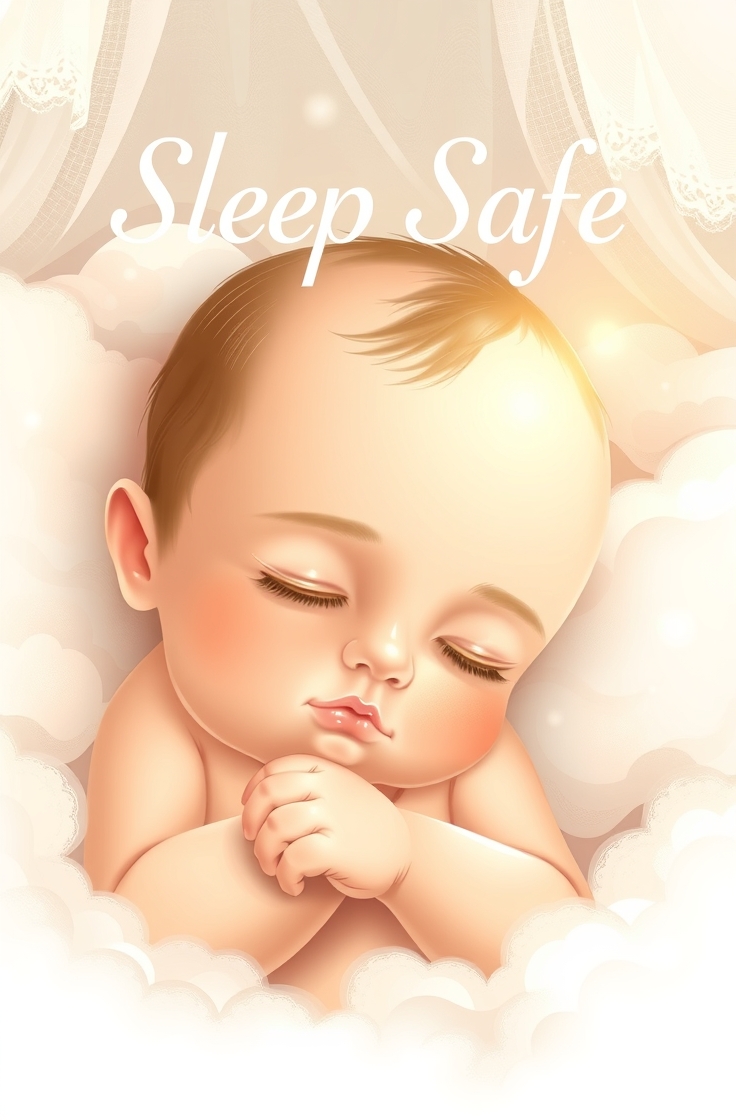
Babies sleep a lot in the first weeks. Around 16 to 18 hours a day. But not all at once. They wake up for feeding, diaper changes, or cuddles.
Always place your baby on their back to sleep. Use a flat, firm mattress. No pillows. No soft toys or blankets. These can block breathing. Keep the crib clean and simple. Light clothes help prevent overheating. A quiet, dim room works best.
4. Care for the Umbilical Cord
After birth, the umbilical cord stump stays on for a few days. It dries and falls off in 1 to 2 weeks. Keep it dry and clean. Fold the diaper below the stump to avoid rubbing.
Don’t pull or cover it. If it smells bad or has yellow discharge, see a doctor. Until it falls off, avoid full baths. Use sponge baths instead. Always handle the area gently.
5. Comfort Through Touch
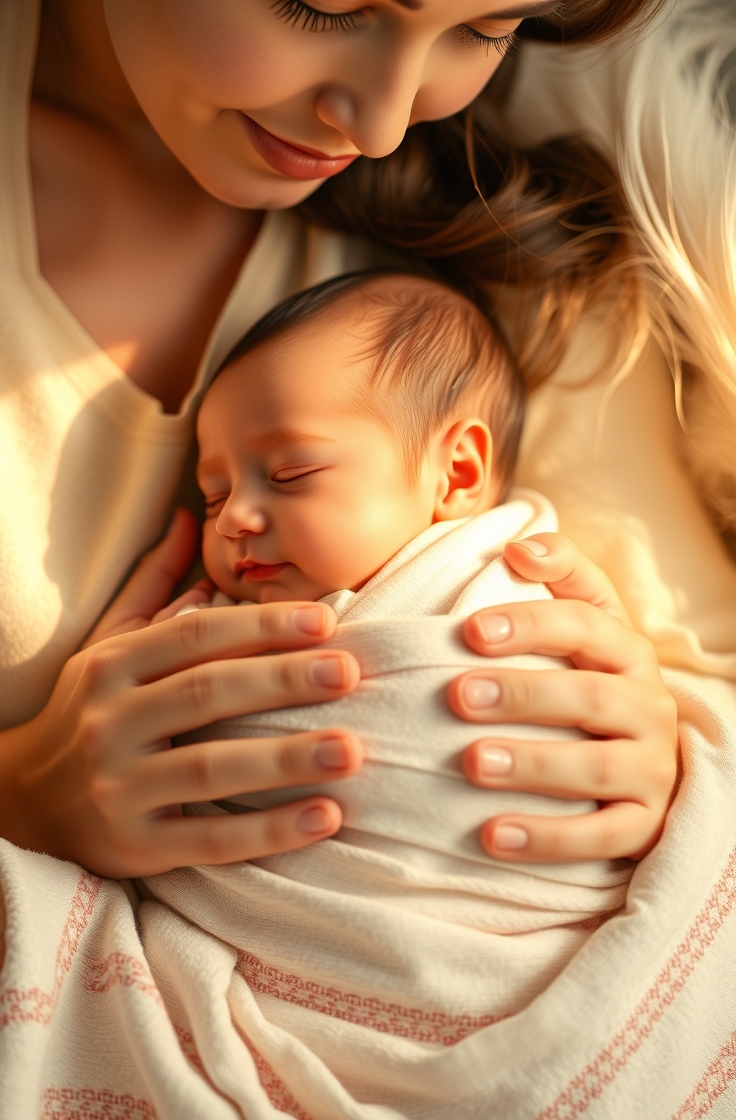
Newborns need love through touch. Gentle holding, skin-to-skin contact, and light massages help babies feel safe. This also helps bonding and brain growth.
Use soft hands. Warm your palms before touching. Massage in slow circles. Try the arms, legs, and back. Talk softly while doing it.
This builds calm and connection. Your baby doesn’t understand words yet. But your voice and touch mean everything.
6. Watch for Diaper Rashes
Diaper rash is common. It shows as red, sore skin around the diaper area. Wet diapers, long wear, or new products can cause it. Check the diaper often. Change it as soon as it’s wet or dirty. Clean gently with warm water.
Dry the skin well. Let your baby stay diaper-free for a few minutes each day. Use a mild diaper cream if needed. Avoid wipes with alcohol or fragrance. These can make rashes worse.
7. Talk and Sing to Your Baby
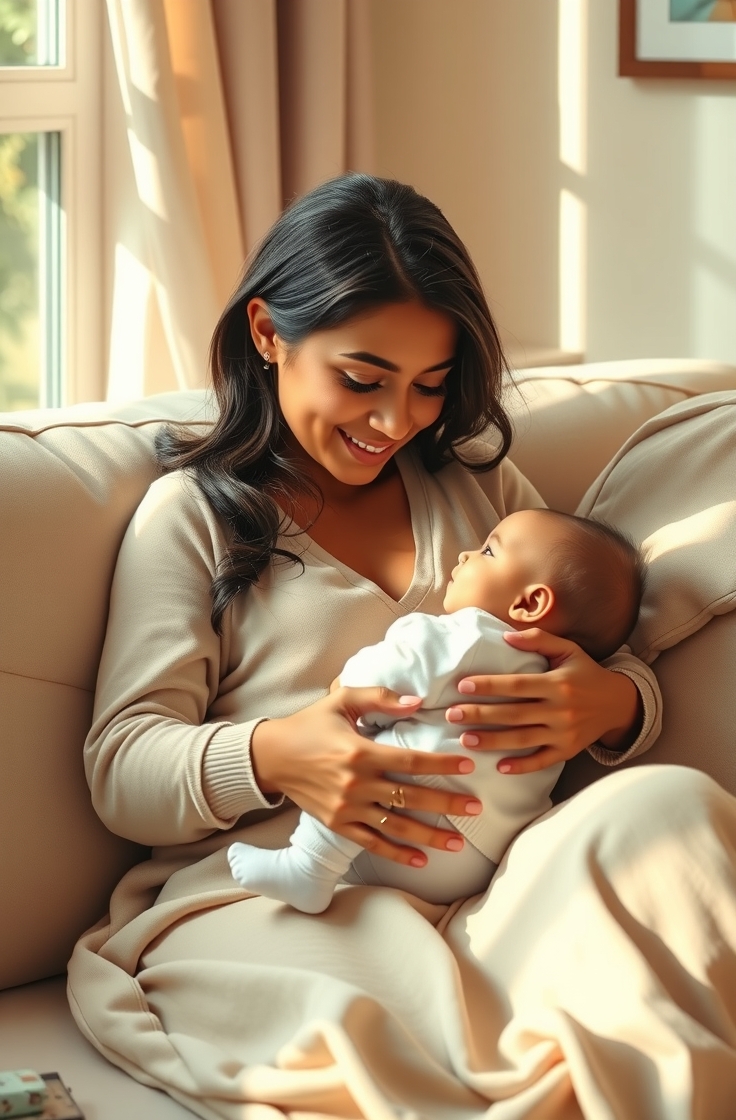
Newborns don’t speak. But they love your voice. Talking helps brain growth and hearing. Face your baby and speak slowly. Say their name. Describe what you’re doing.
Sing simple songs. Tell stories. Respond to their sounds. Eye contact matters too. Your baby listens and learns through sound and sight.
This builds early language skills. Even if your baby doesn’t reply, they hear everything. That bond gets stronger with every word.
8. Dress for Comfort and Weather
Newborns can’t control their body heat well. Dress your baby in one more layer than you wear. Use soft, cotton clothes. Avoid tight or rough fabrics. Check the neck or tummy to see if they’re too hot or cold.
Hands and feet can feel cool that’s normal. Don’t overdress. In warm rooms, light clothes are enough. Also, avoid small buttons or strings. These can cause choking or skin issues.
9. Keep Nails Trimmed
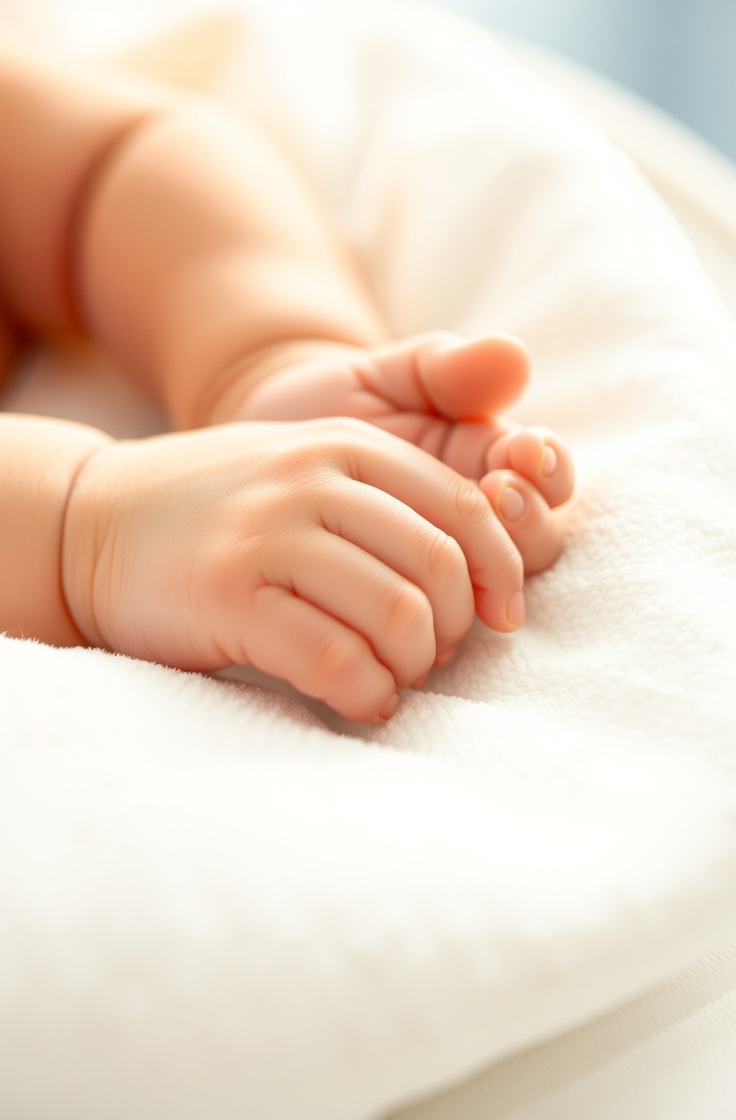
Newborn nails grow fast. They are soft but sharp. Babies often scratch their face or eyes. Use baby nail scissors or a soft nail file. Trim while your baby sleeps or after a bath.
Do it carefully. Hold the finger steady. Don’t cut too deep. Filing is safer in the first weeks. Clean hands before and after. Don’t bite the nails or use adult clippers. That can hurt the baby or cause infection.
10. Know When to Call the Doctor
Babies need checkups. But sometimes signs appear between visits. Some things to watch:
-
Fever over 100.4°F (38°C)
-
Trouble breathing
-
No wet diapers for 8+ hours
-
Vomiting often
-
Yellow skin or eyes (jaundice)
-
Loose or watery stools for days
Also, trust your feeling. If your baby looks or acts strange, call your doctor. Better to ask early than wait. Stay calm. Most problems can be solved with quick care.
FAQs
How often should I bathe my newborn?
Two to three times a week is enough in the first month. Focus on keeping the diaper area, face, and neck clean daily.
What is the best sleeping position for newborns?
Always lay your baby on their back to sleep. This lowers the risk of SIDS (Sudden Infant Death Syndrome).
How do I know if my baby is feeding enough?
A well-fed baby wets 6 to 8 diapers a day and gains weight steadily. Also, they seem calm and full after feeding.
How do I care for the umbilical cord?
Keep it dry and clean. Fold the diaper below the stump. Let it fall off on its own.
What should I do about diaper rash?
Change diapers often. Clean gently. Keep the area dry. Use a light diaper cream if needed.
Can I take my baby outside in the first month?
Yes, but avoid crowded places. Dress your baby for the weather. Keep the trip short.
Is it normal for a newborn to cry a lot?
Yes, crying is how babies talk. They cry for hunger, discomfort, or sleep. Learn their patterns over time.
What temperature is too high for a newborn?
Any fever above 100.4°F (38°C) is too high. Call your doctor if this happens.
Should I wake my baby to feed?
In the first few weeks, yes. Don’t let them sleep more than 3-4 hours at a stretch without feeding.
How do I clean my baby’s nails safely?
Use baby nail scissors or a soft file. Trim while the baby sleeps or after a bath when nails are soft.
Conclusion
Caring for a baby after birth can feel hard at first. Many small tasks fill your day feeding, cleaning, watching. Still, these moments build strong love. Each cuddle, each word, each touch matters.
You don’t need to be perfect. You just need to be present. Listen, learn, and adjust. Babies grow fast, but their first days stay with you forever.


